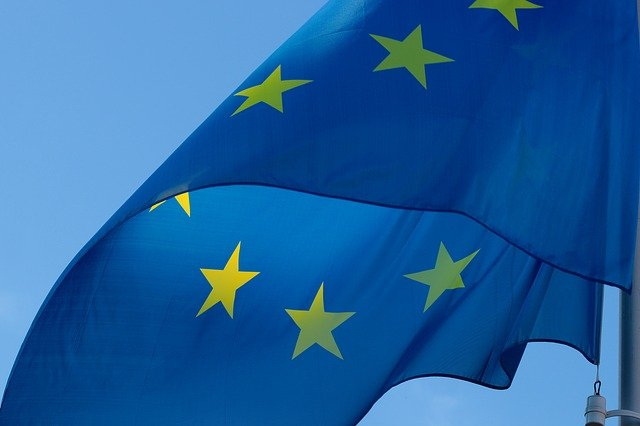Landfilling
The Commission called on Croatia, Bulgaria, Greece, Romania and Slovakia to correctly apply the Landfill Directive and the Waste Framework Directive.
The Landfill Directive sets standards for landfills to prevent adverse effects on human health, water, soil and air. Under this Directive, Member States must take measures to ensure that only waste that has been subject to treatment is landfilled.
The European Green Deal and the Zero Pollution Action Plan set a zero pollution ambition for the EU, which benefits public health, the environment and climate neutrality.
In its judgment of 15 October 2014, the Court of Justice of the European Union ruled that, before landfilling, waste must be treated in the most appropriate way to reduce negative impacts on the environment and human health as far as possible. Following this ruling, in 2015, the Commission launched a study to investigate the landfilling of untreated non-hazardous municipal solid waste in Member States.
In Croatia, the study analysed five landfills of non-hazardous waste in five different counties. The study revealed shortcomings in all visited sites and that municipal waste is being landfilled without any treatment. The landfills subject to investigation are lacking infrastructure capacities and so are the counties where these landfills are located.
Taxation
Croatia, Denmark and Lithuania were called upon to explain how they transposed the VAT e-commerce package into national law.
The Commission has decided to open infringement proceedings against Denmark, Croatia and Lithuania for non-communication of the explanatory documents in relation to the transposition of new EU-wide rules for VAT on e-commerce.
The new rules are intended to simplify VAT for companies and consumers involved in cross-border online sales within the EU and to create a fairer environment for EU sellers by removing the VAT exemption for low-value imports from outside the European Union.
In line with Court of Justice case law, Member States must indicate in a sufficiently clear and precise manner the national measures by which they transposed obligations imposed by an EU Directive. Since Denmark, Croatia and Lithuania have failed to provide clear explanations on the way they have transposed these directives, the Commission cannot check that these Member States have completely and correctly transposed the relevant provisions into national law. Denmark, Croatia and Lithuania now have two months to act. Otherwise, the Commission may decide to send reasoned opinions.
A letter of formal notice is the first step in the infringement procedure, launched by the Commission against Member States deemed to be in contravention of EU law. If the matter is not resolved, the Commission sends a reasoned opinion, and if that also fails, it refers the matter to the Court of Justice.
For more on politics, CLICK HERE.











